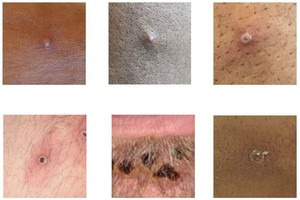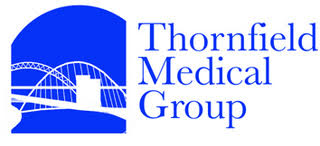Monkeypox: What you need to know
There have now been more than 1,000 cases of monkeypox recorded in the UK.
Whilst the chances of contracting it are relatively low, it is worth explaining what it is, how it spreads, the symptoms to look out for, and what to do if you think you have been exposed to monkeypox.
What is monkeypox?
It’s a rare infection, mainly found in parts of west or central Africa. People can catch it from infected animals such as rats, mice and squirrels via bites or contact with an animal’s blood, body fluids, spots, blisters or scabs.
It can lead to a rash with blisters, which people can then pass on to other humans through physical contact, shared bedding or towels, and coughs and sneezes.
Symptoms
The main symptom is a rash with raised spots that blister and fill with fluid.
However, a rash will only develop 1 to 5 days after the first symptoms, which will only develop 1 to 5 days after infection.

The first symptoms to watch out for include:
- High temperature
- Headache
- Muscle aches
- Backache
- Swollen glands
- Shivering/chills
- Exhaustion
Monkeypox is mild, and most people will recover within a few weeks without treatment.
Risk Level
The risk level is generally low.
Of the cases recorded so far in this country, the majority have been in men who are gay, bisexual or men who have sex with men.
So, while anyone can get monkeypox, members of those communities need to be aware of the symptoms.
What to do if you think you have been exposed to monkeypox
You should contact a sexual health clinic if you have a rash with blisters and have either:
- Been in contact, including sexual contact, with someone who may have monkeypox
OR
- Been to west or central Africa in the last three weeks.
Please contact a sexual health clinic before attending. Stay at home and call 111 if you can’t get to a sexual health clinic.
